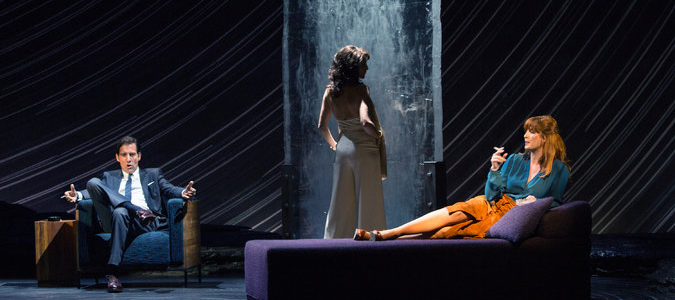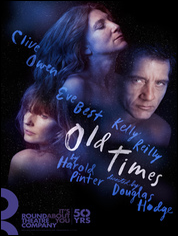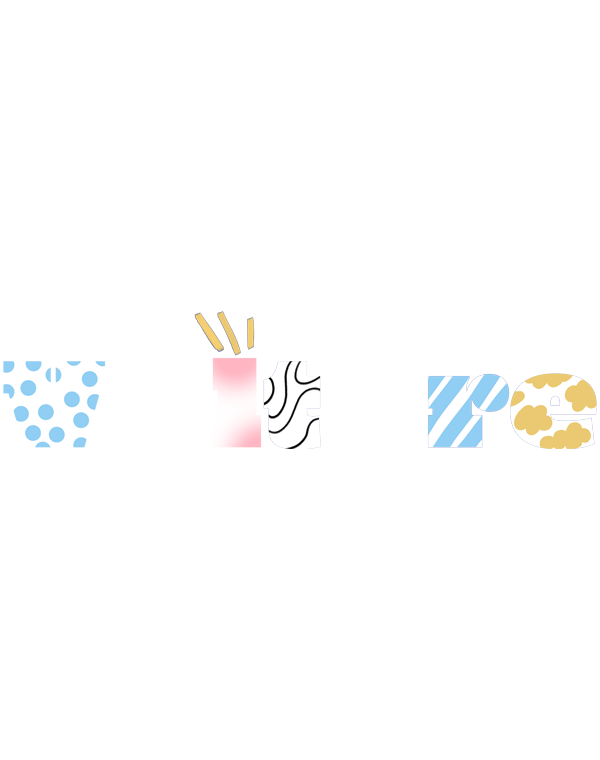

Old Times
Opening Night: October 6, 2015
Closing: November 29, 2015
Theater: American Airlines
Deeley is a man quite looking forward to meeting Anna, his wife Kate’s friend from long ago. But as the night goes on, Anna’s visit quickly shifts from an ordinary sharing of memories to a quiet battle for power.
BUY TICKETSREAD THE REVIEWS:
October 6, 2015
Theatergoers who cringe at the sight of a lighted cigarette, be warned: They’re smoking up a smog storm at the American Airlines Theater, where Douglas Hodge’s overwrought revival of Harold Pinter’s “Old Times” opened on Tuesday night. And they’re not just puffing discreetly and defensively, the way those poor huddled herds of New Yorkers do outside office buildings on their coffee breaks. No, this flamboyant production’s three vibrant performers – Eve Best, Kelly Reilly and Clive Owen – are brandishing their cigarettes with a glamorous fury not seen since Bette Davis was the nicotine queen of the movie melodrama. Like Davis, they know the value of punctuating a threat with a staggered exhalation of gray clouds. So when I say that sparks fly in this play — a 1971 portrait of a man, a woman and her friend discovering how much and how little they know about one another — I am not speaking metaphorically, or at least not only so. Once you can see past the, uh, smoke screen, there’s evidence of real emotional embers smoldering among this talented ensemble, who are just waiting for the moment to turn into human flamethrowers.
READ THE REVIEWOctober 6, 2015
The Roundabout Theater Company’s Broadway revival of “Old Times” can’t possibly miss. Harold Pinter’s three-handed battle for sexual dominance, first performed on Broadway in 1971, is an incredibly sexy play, properly cast here with three incredibly sexy performers: Clive Owen, Kelly Reilly and Eve Best. Director Douglas Hodge, who won a Tony Award as an actor in “La Cage aux Folles,” has made some curious production choices, but once the erotic games begin, you hardly notice that the writer’s signature pauses and ominous silences have been trimmed.
READ THE REVIEWOctober 6, 2015
Harold Pinter wrote “Old Times” (which opens tonight at the Roundabout) in 1971, only eight years before Caryl Churchill wrote “Cloud Nine” (which opened last night at the Atlantic). Though both are English plays about sex and subjugation, the two revivals demonstrate just how differently classics can fare as time laps around them. Cloud Nine has grown larger, almost as if it had predicted and made room for its future relevance. “Old Times,” on the other hand, seems to have contracted, especially in a production that makes too much of a case for its cosmic importance. Not that “Old Times” is unimportant. It is, among other things, one of those works that helped establish the adjective Pinteresque as a troubling and cool thing for a play to be: It is mysterious, pregnant, and hostile. The action consists entirely of conversation that is alternately cryptic and banal, as two of the characters wrangle over what seems to be ownership of the third.
READ THE REVIEWOctober 6, 2015
Maybe Harold Pinter was yanking the actor’s chain when he told him to “just do it,” rather than fret about what “Old Times” meant. If the famously mysterious playwright did know, he wasn’t about to share the intelligence with some actor, even if that actor was Anthony Hopkins. This was in 1984 and Hopkins was starring in the Roundabout Theatre Company’s revival of the play, a three-hander about — well, about what we can only speculate. And speculate some more. In a season of returns celebrating its 50th anniversary, the Roundabout has gone back again to this 1971 drama, and this time it’s Clive Owen in his Broadway debut, given the task of sorting things out, or not.
READ THE REVIEWOctober 6, 2015
The first word spoken in Harold Pinter’s gripping 1971 drama about a man, his wife and the wife’s visiting friend is “dark.” Deeley (Clive Owen) was presumably curious about the hair of soon-to-arrive Anna (Eve Best). But Kate (Kelly Reilly) might as well as be summing up the huge, glowering space that surrounds them at the American Airlines Theatre. Christine Jones’s set is undeniably forceful—a back wall covered with a vertiginous vortex that lights up, the “converted farmhouse” specified in Pinter’s stage directions rendered as an island of high-gloss black surfaces upon which chic modern furniture floats (close observers will note a turntable moving very slowly). Combined with incidental music by Radiohead’s Thom Yorke (industrial and menacing, as you’d expect), the mood is abstract, ghostly, interior. Problem is, the play already does all that: The designers are overdoing it.
READ THE REVIEW























